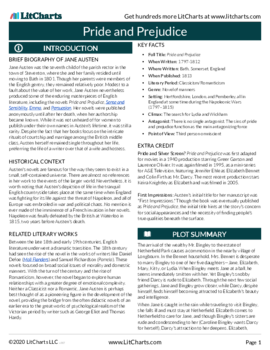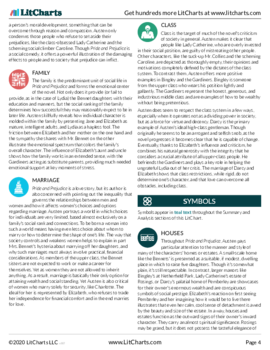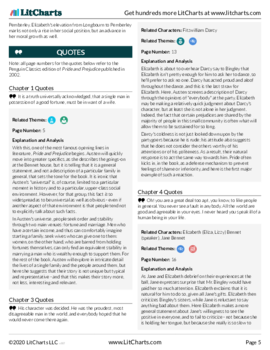- All's Well That Ends Well
- Antony and Cleopatra
- As You Like It
- The Comedy of Errors
- Coriolanus
- Cymbeline
- Hamlet
- Henry IV, Part 1
- Henry IV, Part 2
- Henry V
- Henry VI, Part 1
- Henry VI, Part 2
- Henry VI, Part 3
- Henry VIII
- Julius Caesar
- King John
- King Lear
- Love's Labor's Lost
- A Lover's Complaint
- Macbeth
- Measure for Measure
- The Merchant of Venice
- The Merry Wives of Windsor
- A Midsummer Night's Dream
- Much Ado About Nothing
- Othello
- Pericles
- The Rape of Lucrece
- Richard II
- Richard III
- Romeo and Juliet
- Shakespeare's Sonnets
- The Taming of the Shrew
- The Tempest
- Timon of Athens
- Titus Andronicus
- Troilus and Cressida
- Twelfth Night
- The Two Gentlemen of Verona
- Venus and Adonis
- The Winter's Tale
plus so much more...
-
Repetition
The poem uses several different kinds of repetition to create emphasis and feeling.
The most obvious form of repetition is the refrain "Night funeral / In Harlem," which appears at the beginning of the poem and then repeats throughout. This particular repetition reminds the reader that this isn't just any funeral, but a funeral happening in Harlem. When this poem was written, Harlem was known for being the center of Black intellectual and cultural life. It was a predominantly Black area of New York City, and the poem is an homage to a particularly Black experience. The repetition of the refrain might even suggest that this funeral for a young, penniless, and beloved Black person is an all-too-familiar event.
The poem also uses diacope, such as in lines 11-16, with the repetition of "flowers":
Who was it sent
That wreath of flowers?Them flowers came
from that poor boy's friends—
They'll want flowers, too,
When they meet their ends.Here, repetition draws attention to a particular word, which in this case acts as a symbol for the love and respect the dead boy's friends feel for him.
Lines 19-22 use polyptoton to similar effect:
Who preached that
Black boy to his grave?Old preacher man
Preached that boy away—Here, repetitions create an effect almost like a folksong, evoking a sense of tradition and community.
The poem also uses epizeuxis in line 38 with the repetition of "so dear, so dear." The repetition here has an emotional impact; the emphasis on how much the boy was loved takes precedence over everything else going on in the poem for just a moment, alerting the reader that what all these funereal traditions really come down to is love for the deceased.

|
PDF downloads of all 3057 of our lit guides, poetry guides, Shakescleare translations, and literary terms.
PDF downloads of all 1913 LitCharts literature guides, and of every new one we publish.
Learn more
|

|
Explanations for every quote we cover.
Detailed quotes explanations (and citation info) for every important quote on the site.
Learn more
|

|
Instant PDF downloads of 136 literary devices and terms.
Definitions and examples for 136 literary devices and terms. Instant PDF downloads.
Learn more
|

|
Compare and contrast related themes.
Compare and contrast Related Themes across different books.
Learn more
|

|
Teacher Editions for all 1913 titles we cover.
LitCharts Teacher Editions for every title we cover.
Learn more
|

|
PDFs of modern translations of every Shakespeare play and poem.
PDFs of modern translations of every Shakespeare play and poem.
Learn more
|

|
Advanced search across our collection.
Advanced Search. Find themes, quotes, symbols, and characters across our collection.
Learn more
|

|
Line-by-line explanations, plus analysis of poetic devices for lyric poems we cover.
Line-by-line explanations, plus analysis of poetic devices for every lyric poem we cover.
Learn more
|


For every lyric poem we cover.



Literature Guide PDFs
LitCharts PDFs for every book you'll read this year.



Quotes Explanations
For all 42,307 quotes we cover.





Teacher Editions
Time saved for teachers.
For every book we cover.
Common Core-aligned



PDFs of modern translations of every one of Shakespeare's 37 plays, 154 sonnets, and 3 longer poems.


Plus a quick-reference PDF with concise definitions of all 136 terms in one place.





















